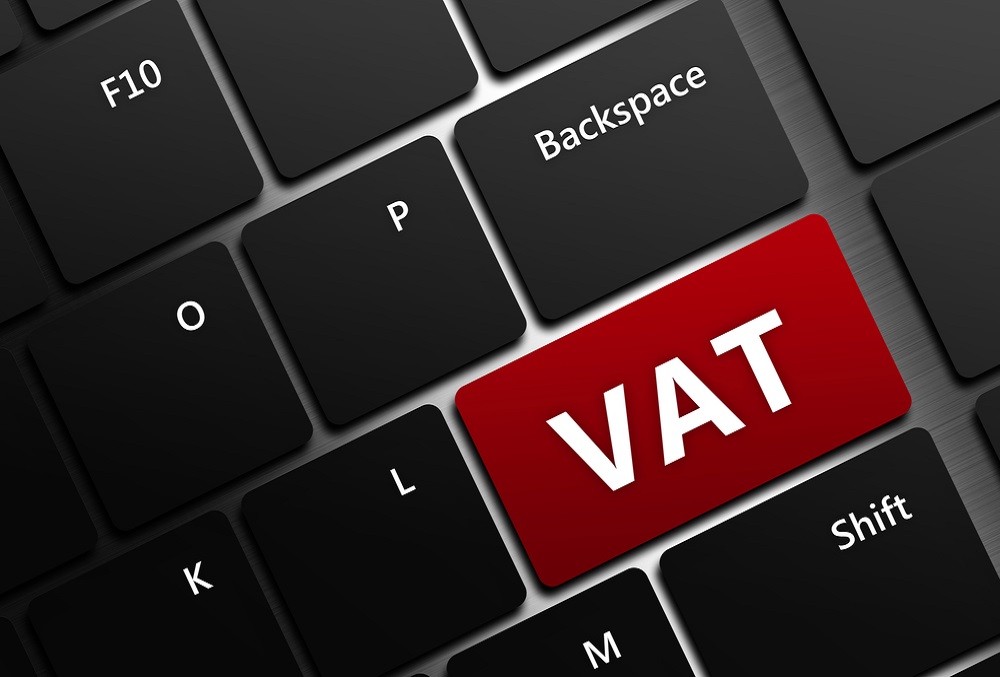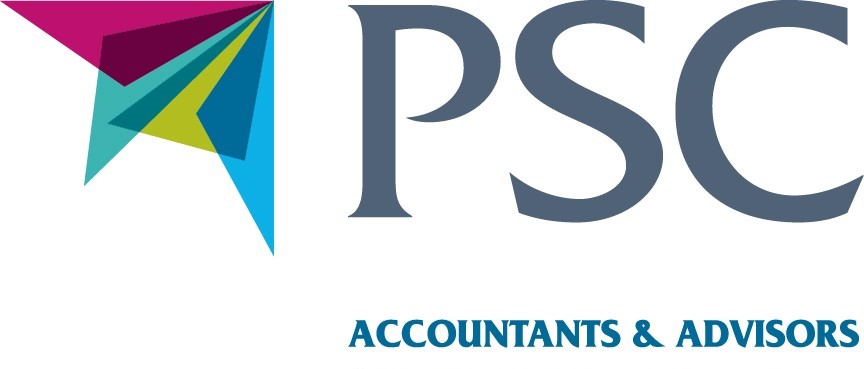
Reduction in the rate of VAT
Reduction in the rate of VAT from 23% to 21% with effect from 1st September 2020 to 28th February 2021
The July Stimulus package includes a provision for the reduction in the standard 23% rate of VAT. The new rate of 21% will apply from 1st September 2020 to 28th February 2021. This alert sets out the invoicing and system change issues which may arise on foot of this measure.
1. Where the supplier accounts for VAT on sales on an invoice basis.
1.1 VAT registered customers
A person who is accounting for VAT on the invoice basis must charge VAT at the rate which is in force at the time the invoice is issued, or should have issued, to other VAT registered persons.
On completion of a supply to VAT registered customers, an invoice must issue no later than the 15th of the following month. Thus, if a supply is completed in August 2020, there are two options:
• Issue an invoice in August 2020 with VAT at the standard rate of 23% or
• Issue an invoice on or after 1st September 2020 with VAT at the reduced standard rate of 21%.
In summary all VAT invoices issued “business to business” on or after 1st September 2020 should show VAT at 21%, unless the invoice should have issued before this date. This is the case even if the goods or services were supplied before the changeover date.
1.2 Non-VAT registered customers
VAT legislation does not require the issue of a VAT invoice to unregistered customers. A liability arising in respect of supplies to an unregistered person is normally related to the date of supply and not to the date of issue of the invoice, if one is issued.
Goods or services which are supplied to unregistered persons prior to the date of a change in VAT rates are taxable at the rate in force when they are supplied, notwithstanding that they may be invoiced on or after the changeover date.
1.3 Credit Notes
A credit note issued to a VAT registered trader in respect of a supply of goods or services, which contains a VAT adjustment, must show VAT at the rate applicable when the original invoice was issued.
2. Where the supplier accounts for VAT on the cash receipts basis
2.1 VAT registered customers
A person accounting for VAT on the cash receipts basis will be required to issue an invoice to a VAT registered person. The VAT rate applied must be the rate in force on the date of the supply regardless of when the invoice issues.
2.2 Non-VAT registered customers
A person who is accounting for VAT on the cash receipts basis must account for VAT at the rate in force at the time of the supply. Where a change in rate has taken place the person who is accounting for VAT on the cash receipts basis is liable for VAT at the rate applicable at the time the goods or services are supplied and not at the rate applicable when payment is received.
2.3 Credit Notes
A credit note issued to a VAT registered trader in respect of a supply of goods or services, which contains a VAT adjustment, must show VAT at the rate applicable when the original invoice was issued.
3. Payments in Advance
3.1 VAT registered customers
Where payments are received (including deposits) from VAT registered businesses before 1st September 2020 in respect of goods or services not supplied until on or after that date, they are subject to VAT at the rate effective at the time the invoice relating to the payment is issued or should have been issued (i.e. by 15th day of the month following the month in which the payment was made), whichever is the earlier.
3.2 Non-VAT registered customers
Monies received from unregistered persons are subject to VAT by reference to the rate in force at the time of payment and not the date of supply.
4. Contracts with interval payments
The date an invoice issues in respect of a contract with a fixed interval payment spanning 1st September 2020 will determine the VAT rate. By way of example, if payment for a lease of office furniture for the period 1st August to 31st October 2020 is received before 1st September 2020, VAT at 23% will apply if the invoice issues before this date.
If the invoice issues after 1st September 2020, 21% VAT will be charged regardless of the fact that payment was received when the higher rate was in place.
5. Contracts existing on 1st September 2020
VAT is generally due on supplies at the rate in force at the time of the supply, or at the time of issue of the invoice relating to the supply.
In a situation where a contract has been entered into at a particular rate of VAT, and that rate changes before the contract is fulfilled, an adjustment to account for the change in the rate may be necessary.
Where:
• a contract to supply goods or services is entered into before the date of a change in a VAT rate, and
• the contract is not completed until after that date, then the agreed price is subject to an appropriate adjustment on account of the change in the VAT rate, unless there is an agreement to the contrary between the contracting parties.
If, for example:
• a builder was to contract in January to build a house for €300,000, and
• the rate of VAT was decreased with effect from 1st September,
then, depending on the legal agreement, the builder could continue to charge a VAT inclusive price of €300,000 and account for a lower amount of VAT, thereby increasing his profit.
6. Systems Changes
Businesses will have to adopt their systems to ensure that VAT is charged at the correct rate from 1st September 2020, which may not be straightforward in all cases.
The immediate issues for businesses will revolve around the systems changes necessary to cope with the 1st September 2020 change which will include:
• New tax codings
• VAT determination logic
• Invoice codings
• In-house reporting tools
• Changes to cash flow forecasting
• Credit note systems
If you need assistance with these issues, please ring your usual PSC contact
Disclaimer: The content of this document is for general information only and should not be relied upon as a legal or professional interpretation of any law or other guidance. While every care has been taken by the Author in the preparation of this document, PSC Accountants Limited or associated companies will not be liable to you or any third party for any loss including, but not limited to loss of profits, goodwill or any type of special indirect or consequential loss howsoever caused ( including loss or damage suffered by you as a result of an action brought by a third party) arising out of or in connection with the provision of our services, in contract, tort, by statute or otherwise, even if such loss was reasonably foreseeable or in the contemplation of us or if we had been advised of the possibility of you incurring the same unless the loss is primarily caused by bad faith, gross negligence or wilful default by us.
